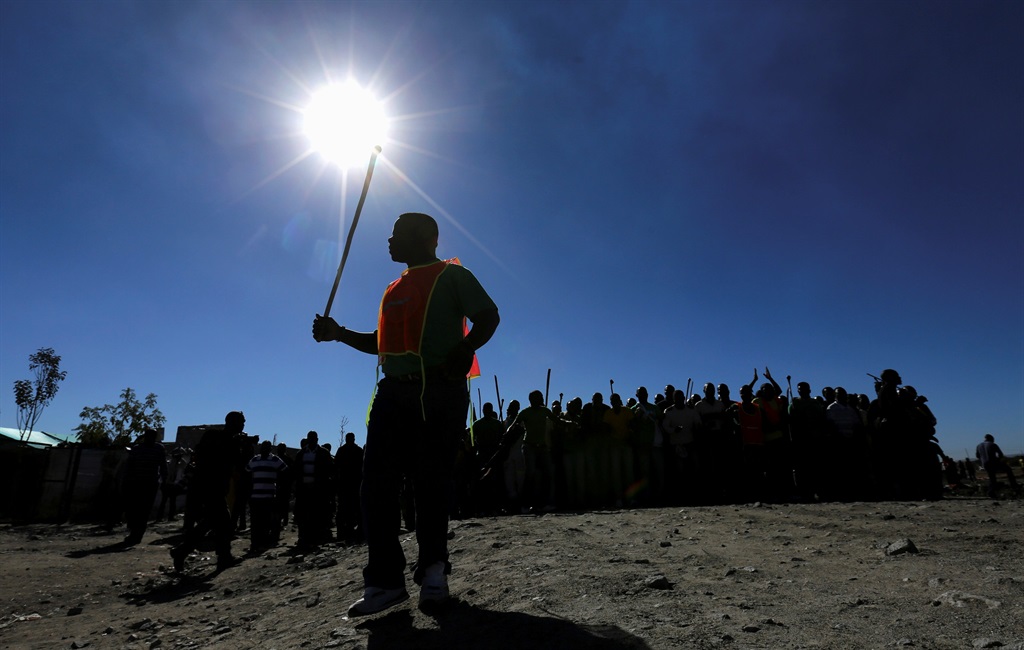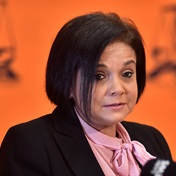
Failing to include and inform local communities about multibillion rand renewable energy, may result in a similar “Marikana incident” for the renewable energy sector, it was warned on Tuesday.
Enabling economic transformation and job creation through energy generation projects came under the spotlight Tuesday at the African Utility Week conference and exhibition under way in Cape Town.
An expert involved in research about the impact of renewable energy projects on communities, Dr Ric Amansure, told delegates that neglecting communities as important stakeholders in such projects can also result in protest action like those on service delivery issues where infrastructure gets destroyed.
Amansure was part of a panel discussion by industry experts on how to best achieve transformation and job creation through generation programmes. He referred to the Renewable Energy Independent Producer Programme and said the very communities this programme is supposed to empower, often do not know what is going on.
“Nobody tells them that they are shareholders in these projects, that there is a socioeconomic development component to the project and should benefit for 20 years.”
READ: Energy minister: SA is committed to renewable energy, no mention of nuclear
Amansure said even municipal officials often didn’t understand what renewable energy independent producer programme was.
“The information sharing is just not there to be open and honest with the communities on why there is a need for things like wind solar parks and how they will benefit. If we fail to deal with this issue, we will see another ‘Marikana’ happening in the renewable energy space,” he warned.
The so-called “Marikana Massacre” was the bloodiest security incident since the end of apartheid, when police opened fire on striking platinum miners in August 2014.
Chief executive of Kaco New Energy Africa, Christoph Heinemann, said locals were often excluded and questioned, the principle of “power to the people”.
“Suppliers prefer bigger projects, and the bigger the project the easier it is to keep people out.” Heinemann proposed a more decentralised approach to bring power generation closer to people. “There is huge opportunity with smaller systems to include more people and it is much easier to train people in the community than a more centralised approach,” he argued.
READ: Could hydrogen power be the answer for rural schools?
Sales and marketing manager at Microcare, Gareth Burley, also stressed the importance of including local innovation and manufacturing in renewable energy. Burley referred to a brain drain when technicians are poached for better opportunities elsewhere. “Something needs to be done,” he said. “Any discussions over energy will be in trouble if it does not include local innovation, youth employment and skills development.”
Chairperson of the South African Photovoltaic Industry Association, Davin Chown, warned it was disingenuous to expect the renewable energy sector to provide all the jobs.
“Renewables are never going to provide all of the jobs and unfortunately in South Africa, because of the dearth of infrastructure projects that are working, we tend to say here is something and this will solve all our ills.”
According to him it was more complicated than that.
“Just take a look at South Africa with 55 million people. There are 21.7 million people on some form of social security, we have 7.9 million taxpayers out of 14 million registered, 27% general unemployment and 52 % youth unemployment and then we expect this one thing to solve all of our problems?”
• The African Utility Week conference and exhibition ends on Thursday.




 Publications
Publications
 Partners
Partners








